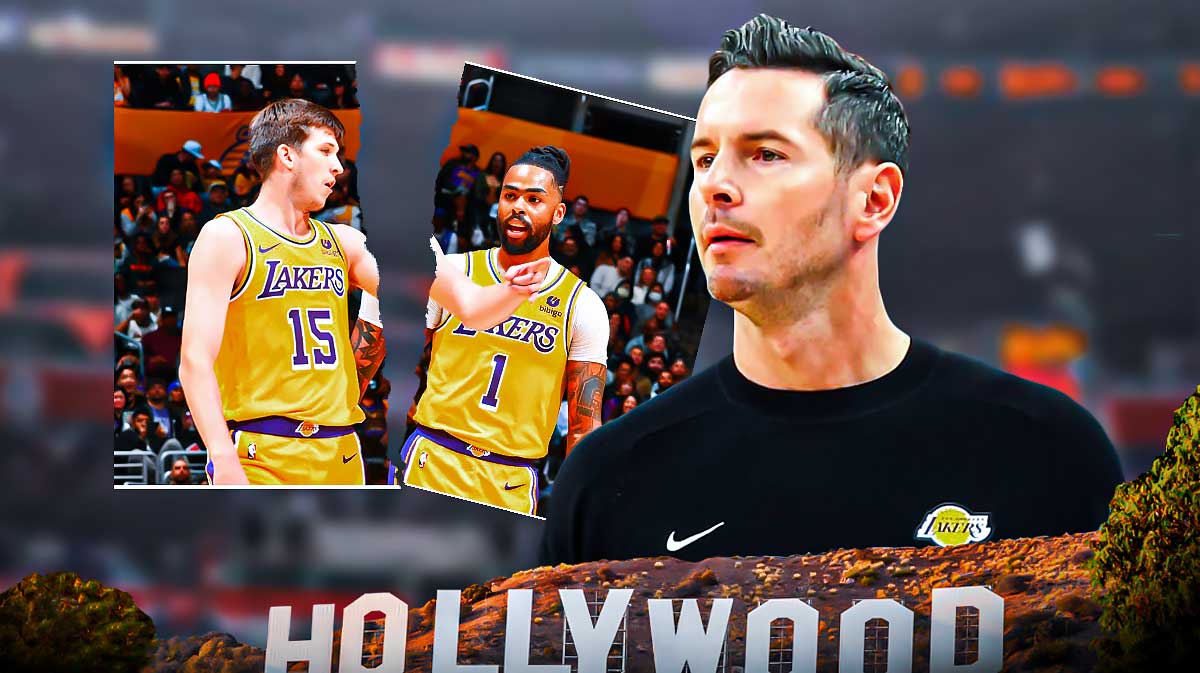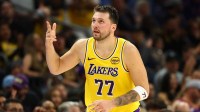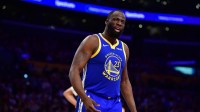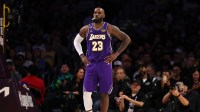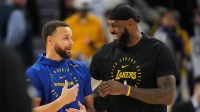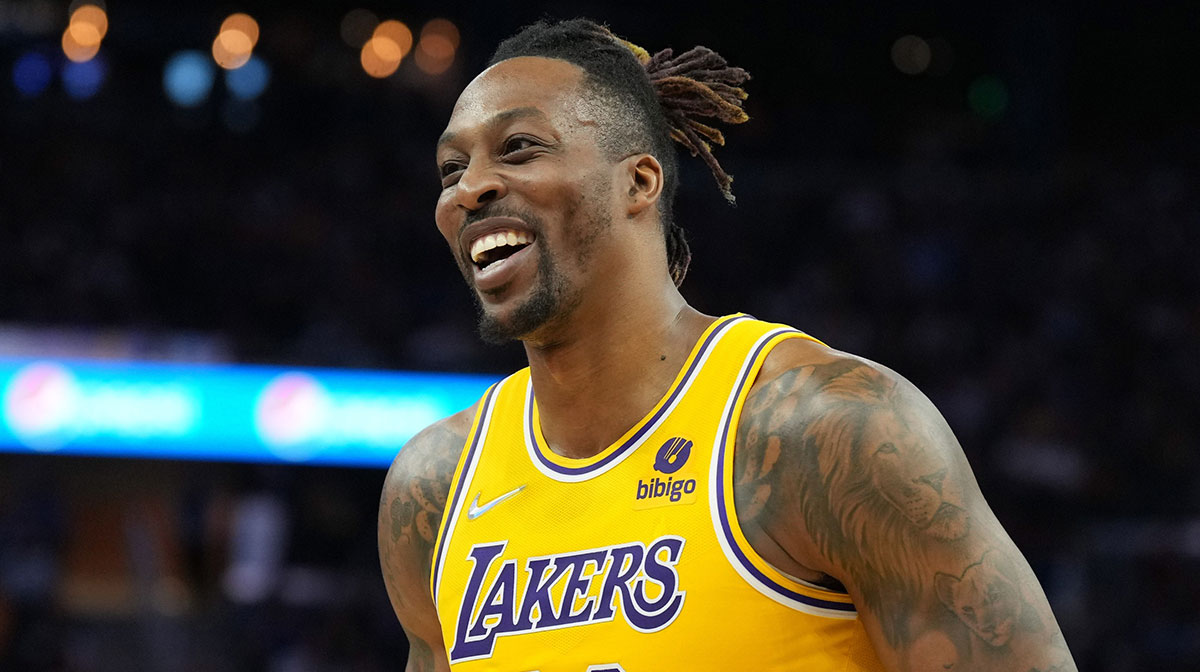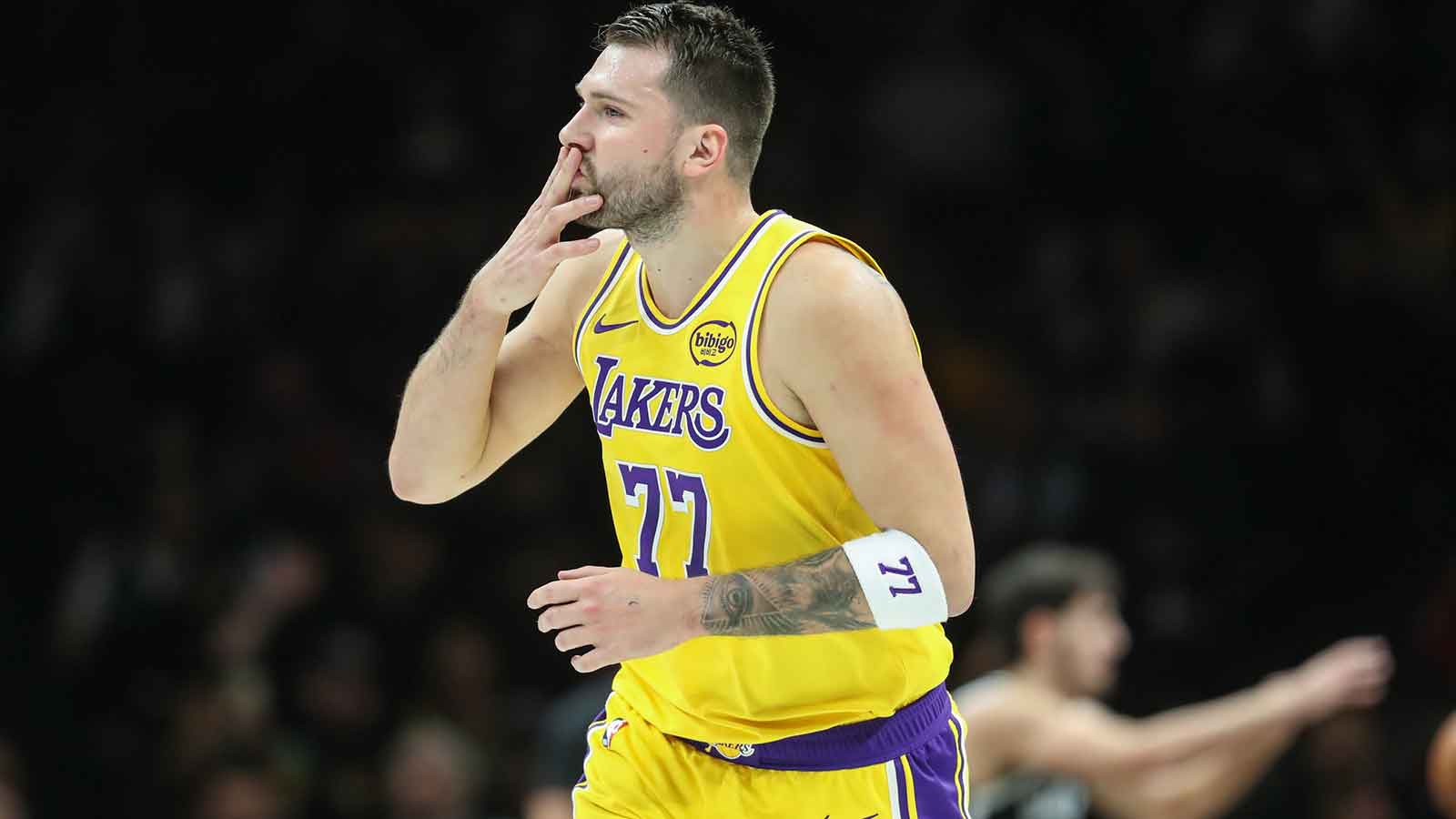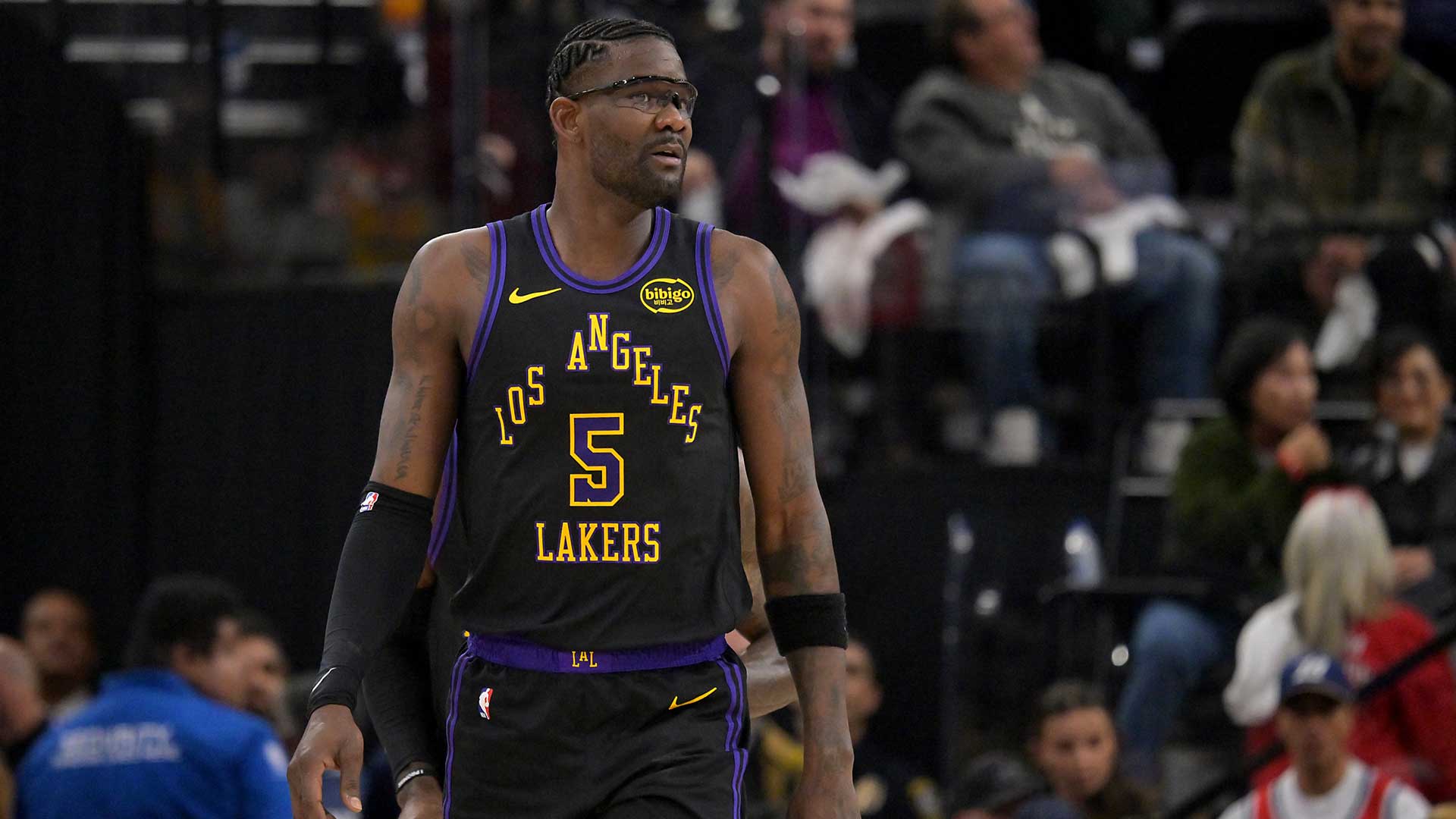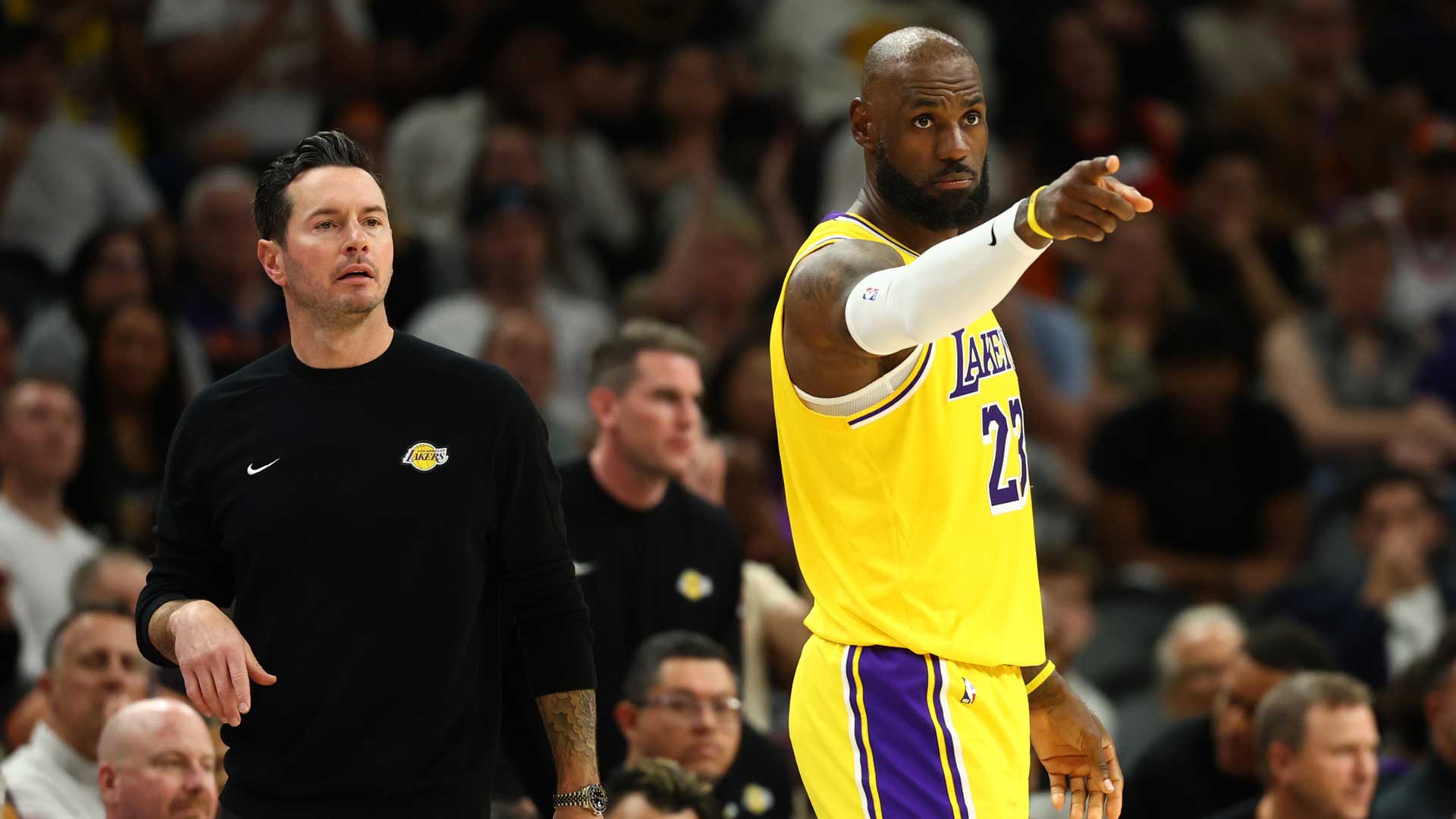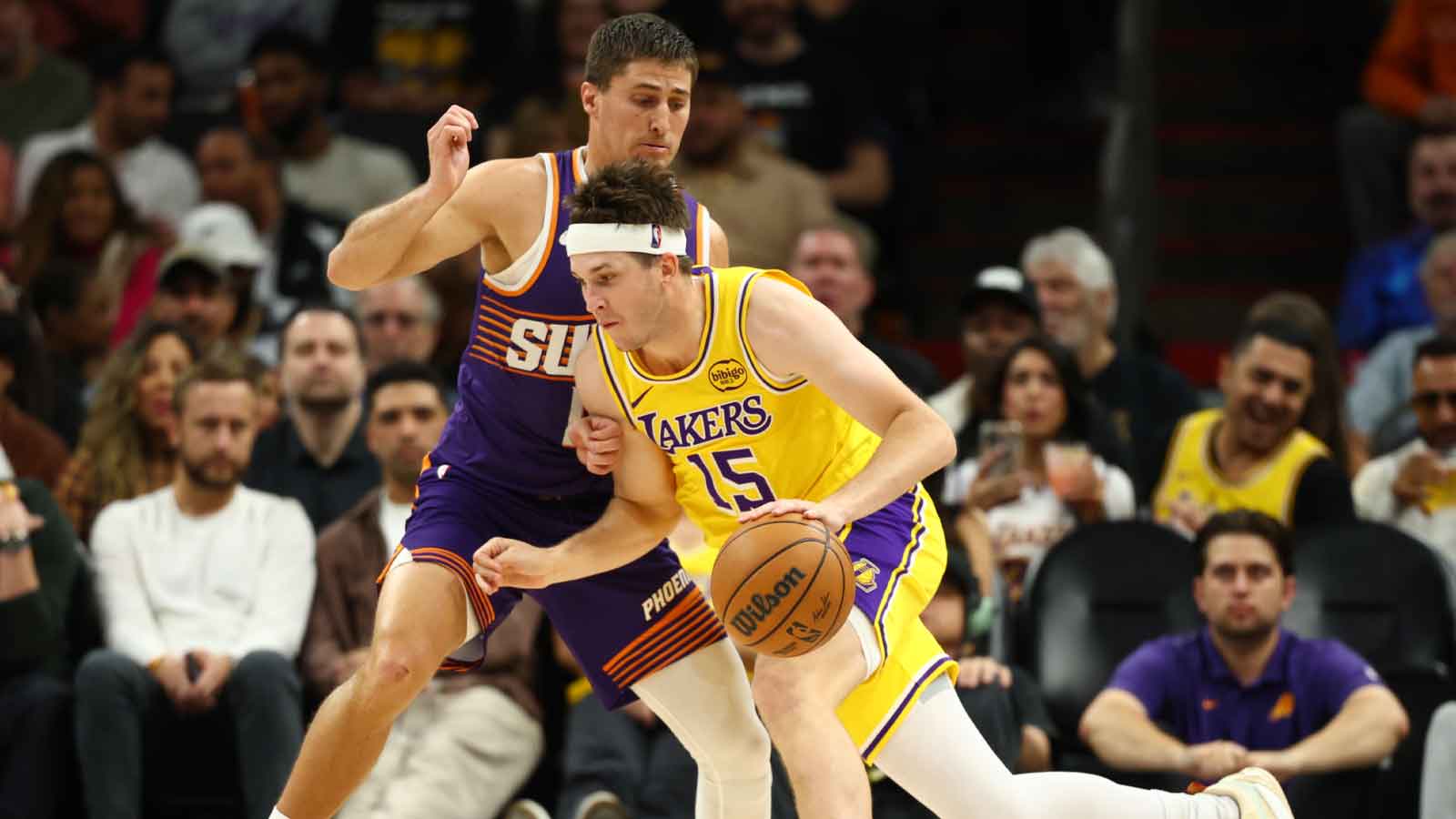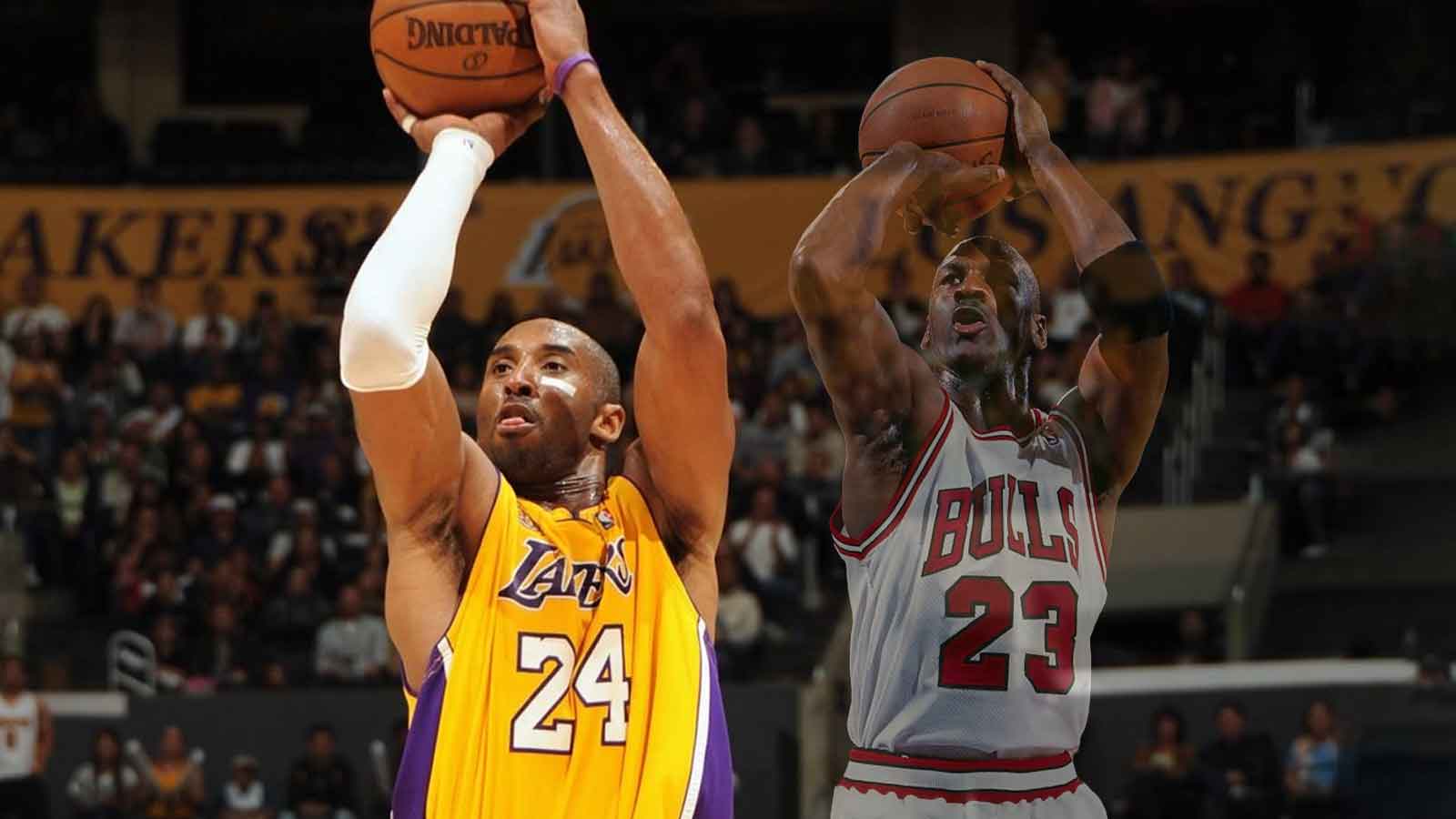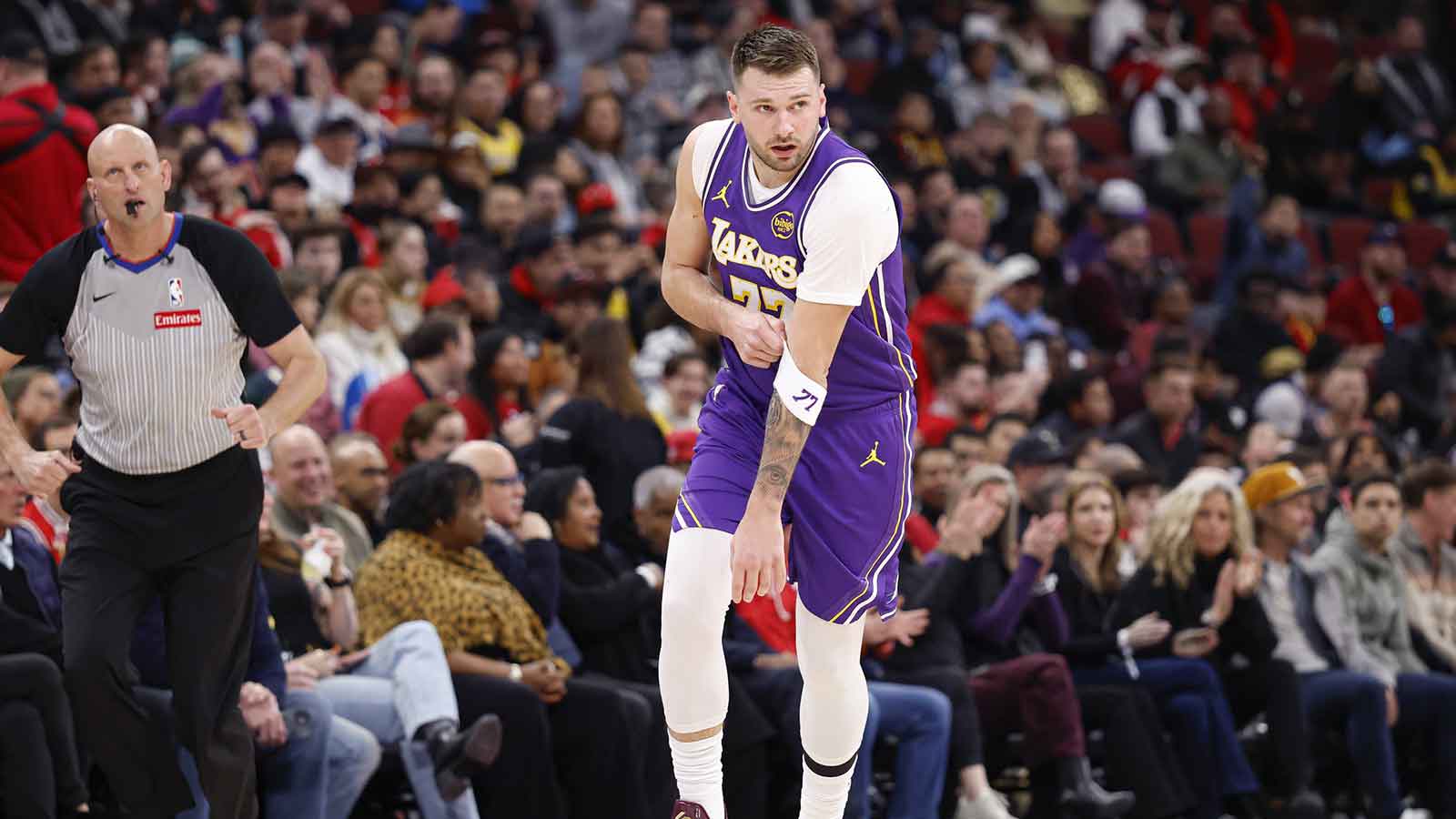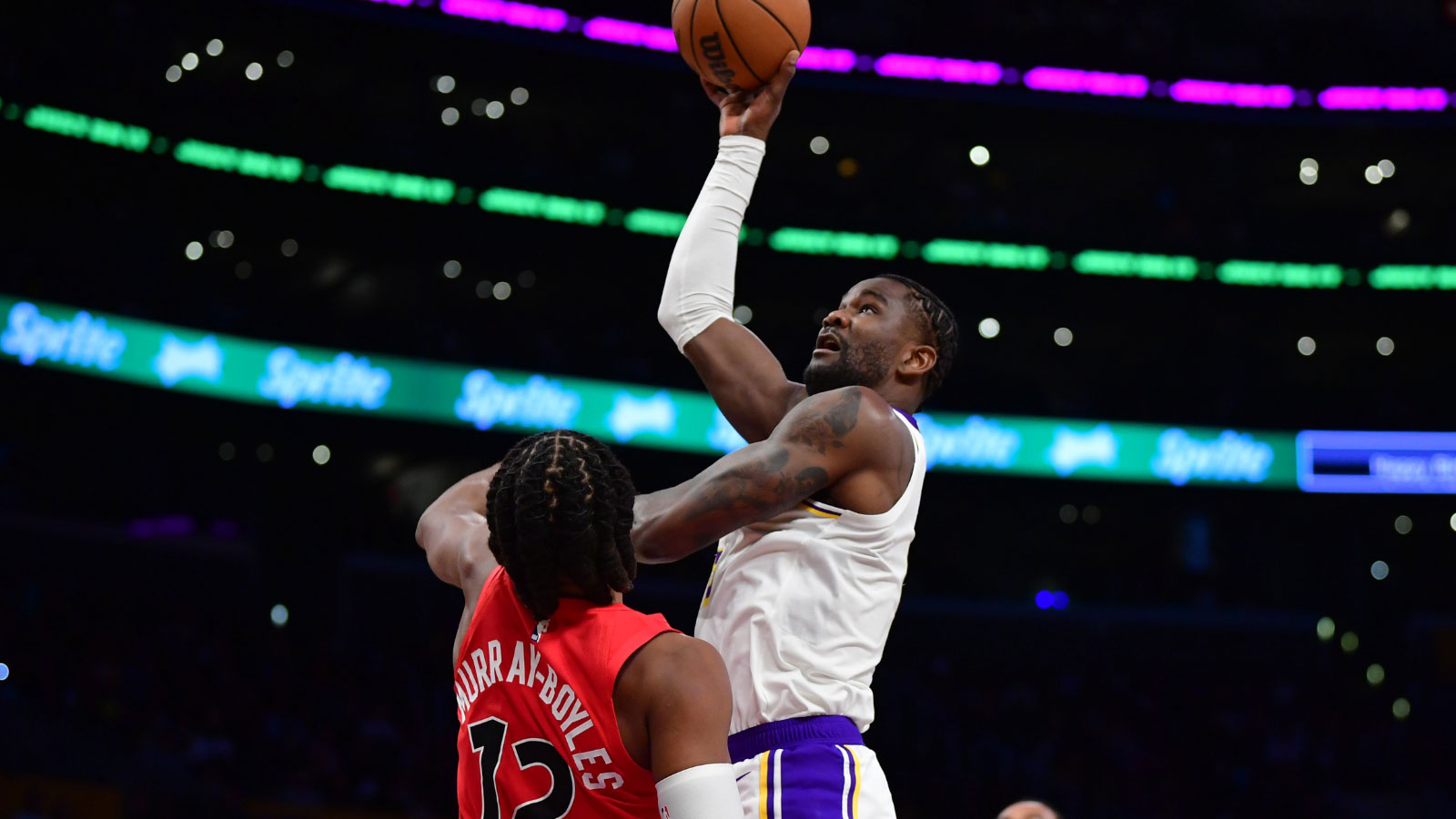Over the summer, as it looked increasingly likely that the Los Angeles Lakers would be hiring JJ Redick to be their next head coach, whispers started swirling about the impact that would have on various guys on the roster. One player in particular came up far more often than others as someone to watch: Austin Reaves.
Under Darvin Ham, Reaves was seen as more of a 3-and-D role player who operated off the ball and attacked compromised defenses offensively. Late in games, however, the ball seemed to find Reaves, and the Lakers were often better for it.
So, heading into this season, Redick and his coaching staff wanted to see more of Reaves on the ball throughout games, sources told me throughout last summer.
I always came back to the same question: What does that mean for D'Angelo Russell?
Now, a couple weeks into the season, some of that vision is starting to creep into Redick's approach to handling the Lakers' crowded backcourt rotation and we're starting to answer that question.
Following the Lakers' up-and-down win against the Toronto Raptors last Friday, Redick mentioned a tweak he's made to his rotations so far:
JJ Redick said he adjusted the rotation tonight to put the ball in D’Angelo Russell’s hands more next to Anthony Davis. That also resulted in Austin Reaves and LeBron James playing more together, with Redick noting their two-man chemistry.
— Jovan Buha (@jovanbuha) November 2, 2024
Several sources I spoke to over the summer speculated whether it might make more sense for Redick to either stagger Russell and Reaves or split them up altogether from the starting lineup. Their thinking involved a few factors.
First and foremost, because of their defensive issues as a pair, Reaves and Russell would eventually get picked on in the postseason. Reaves at least tries consistently on that end, but he is almost always at a physical disadvantage at his position, especially when he's playing next to Russell, whom the Lakers try to hide as much as they can. Offensively, the pair is obviously quite productive, but the postseason is always more about what you can't do than what you can, and whether your opponent can take advantage of it.
Second, it's not exactly a secret that the Lakers will eventually look to trade Russell. Rob Pelinka tried at the last deadline but no team wanted Russell on his contract because of the player option he wound up accepting. Then, when Pelinka tried to trade Russell over the summer after he picked said player option, the market was once again disappointing. Teams saw Russell as merely an expiring contract, whereas the Lakers valued his on-court contributions.
Russell running bench units might actually be as good a thing for his market this summer as it would be for the Lakers' rotation balance. Russell's skeptics around the league wonder whether he can start on a playoff team with championship aspirations, again pointing to his defense and consistency. If Russell were to accept a sixth-man type role and thrive in it, more teams may show more interest in him as a free agent this summer.
As one Eastern Conference executive explained, Russell is no longer young enough to gamble on growth and not consistently productive enough in the postseason to acquire in an effort to make your team better in those games. If Russell accepts a role with lower expectations, the executive believed Russell would actually be more appealing in free agency.
To that point, Russell has seen two very tepid markets as a free agent in the last two years.
The issue Redick has run into this year in trying to stagger Reaves and Russell (let alone in potentially moving Russell to the bench) has been the substandard play he's gotten from Gabe Vincent and Max Christie. Vincent is averaging an extremely meager 3.2 points per game and Christie isn't much better at 4.2 ppg. Depth was already a concern and with two guys slated to be big parts of the rotation playing like they have, Redick hasn't been able to tinker the way he may have wanted to.
Put simply with one staggering stat: As a team, the Lakers are carrying a -2.4 net rating, yet their starters are outscoring opponents by 4.7 points per 100 possessions. Two other lineups are carrying a positive net rating, but on such a small sample size, it's hard to seriously analyze whether it's sustainable or not.
The bottom line is that Redick only has five positive impact players on his roster right now, so splitting any of them up would be merely unplugging one hole in the boat to plug another.
However Redick manages this, it's going to be interesting to watch how he balances leaning on his only legitimately good lineup with reenforcing groups that he needs to help carry him through games without such crazy highs and lows. How he handles all of this is going to be fascinating to watch, but he'll be shuffling chairs across the deck of the Titanic unless guys beyond his starters start producing.

